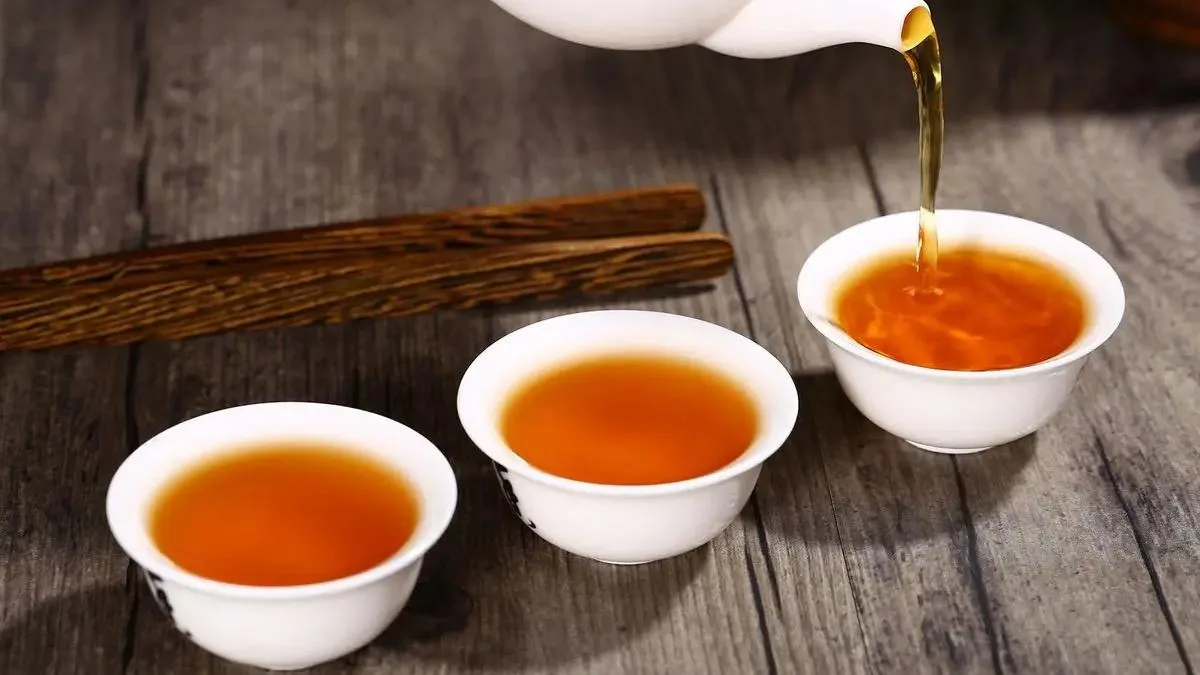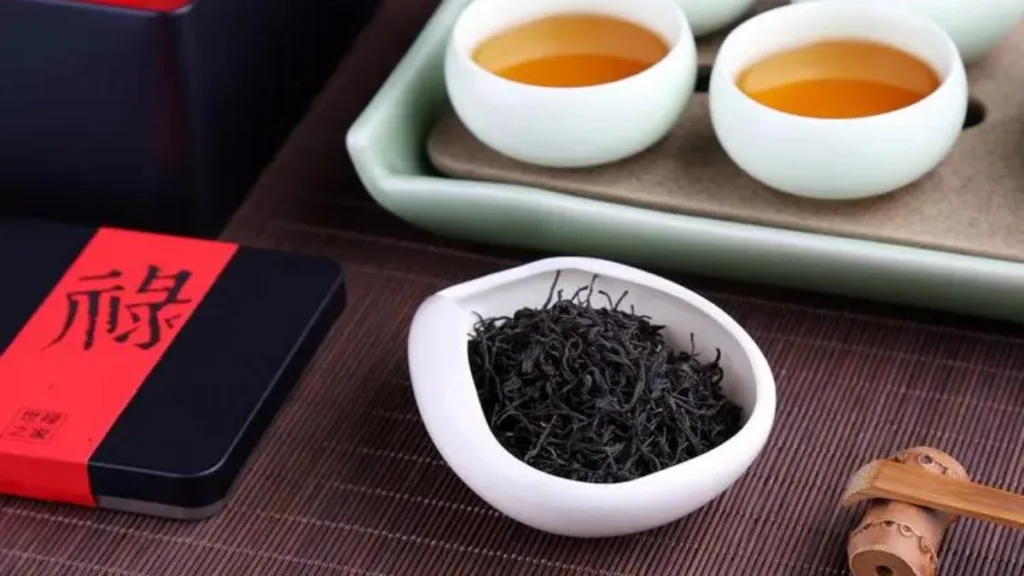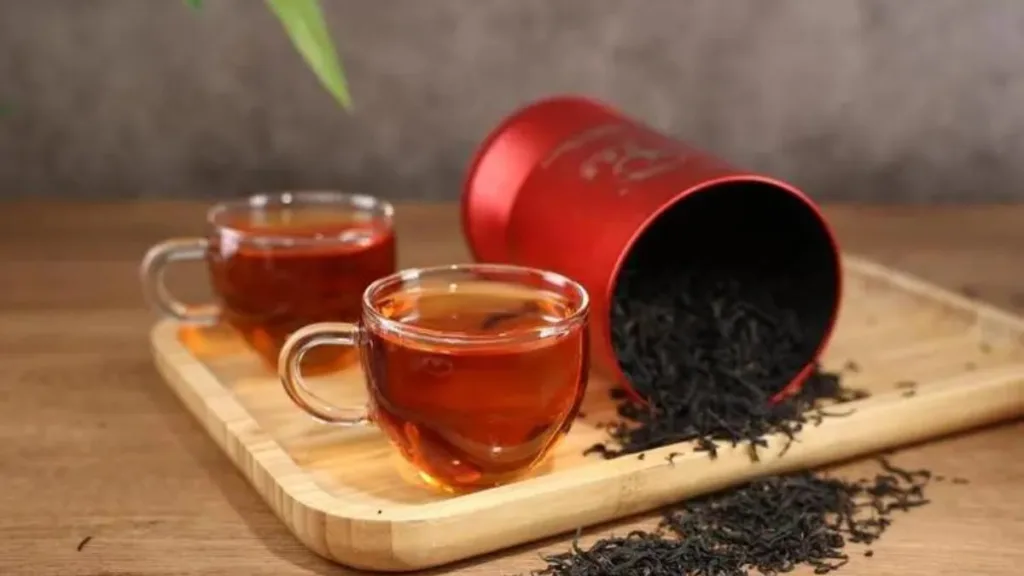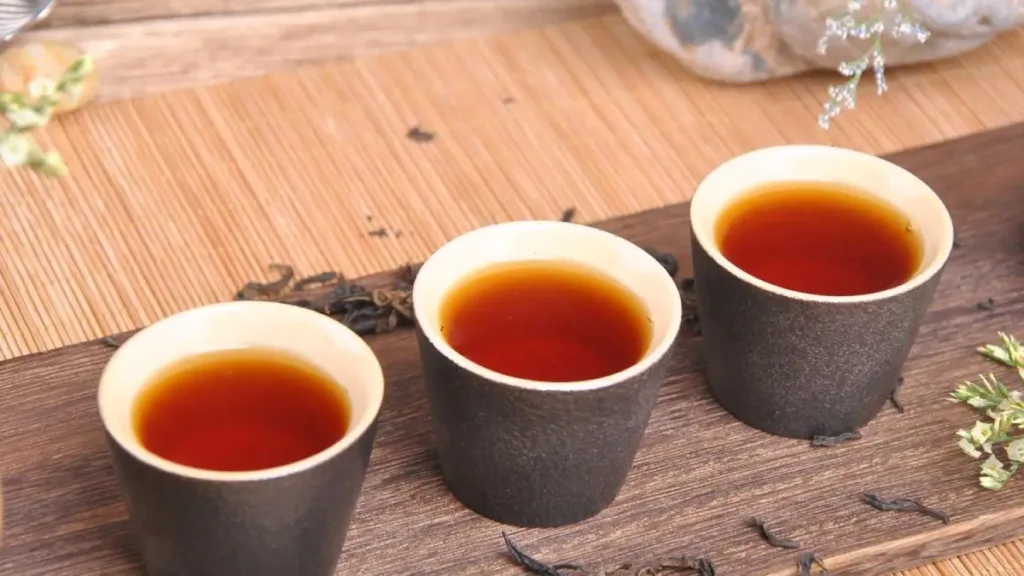In Japan, a nation with a rich tea culture, there is a notable appreciation for a variety of Chinese black teas. The unique characteristics and flavors of these teas have captured the taste buds of the Japanese population. Among the diverse options, some key Chinese black teas stand out as favorites in Japan, reflecting a cross-cultural appreciation for the art of tea.
1. Keemun Black Tea
Hailing from Qimen County in Anhui Province, China, Keemun black tea has secured a special place in the hearts of the Japanese. Known for its distinct aroma and flavor profile, Keemun black tea boasts dark, lustrous tea leaves and a bright orange-red liquor. The tea is characterized by a rich blend of fruity and floral notes, creating a full-bodied and mellow taste that resonates well with the Japanese palate.
2. Zheng Shan Xiao Zhong (Lapsang Souchong)
Originating from the Wuyi Mountains in Fujian Province, Zheng Shan Xiao Zhong, commonly known as Lapsang Souchong, has gained popularity among Japanese tea enthusiasts. The tightly rolled tea leaves produce an orange-red liquor, and what sets this black tea apart is its distinctive smoky and honeyed notes. The Japanese appreciate the unique flavor profile, making Zheng Shan Xiao Zhong a sought-after choice in their tea selections.
3. Jin Jun Mei Black Tea
Known as “Golden Beautiful Eyebrow,” Jin Jun Mei is a black tea variety produced in the Fujian Province, specifically in the Wuyi Mountains. This tea is crafted from a careful selection of buds, resulting in tightly curled leaves. The tea liquor exudes a bright red hue with hints of honey and fruit fragrances. The full-bodied and smooth taste of Jin Jun Mei has resonated well with the Japanese, contributing to its popularity in the country.
4. Jingmai Black Tea (Hong Mao Cha)
Jingmai Black Tea, also referred to as Hong Mao Cha or “Red Hair Tea,” originates from the Fuzhou region in Fujian Province. The tightly curled tea leaves unfold into a bright red and translucent liquor. With notes of honey and fruit, Jingmai Black Tea offers a rich and mellow taste that has found favor among Japanese tea connoisseurs.
Conclusion
In conclusion, Japanese tea enthusiasts appreciate the diverse flavors and unique characteristics of Chinese black teas. The popularity of Keemun, Zheng Shan Xiao Zhong, Jin Jun Mei, and Jingmai black teas in Japan reflects the cultural exchange and mutual appreciation for high-quality teas. As the tea culture continues to bridge international borders, these Chinese black teas have become a delightful part of the tea-drinking experience in Japan, adding depth and variety to the country’s rich tea heritage.



